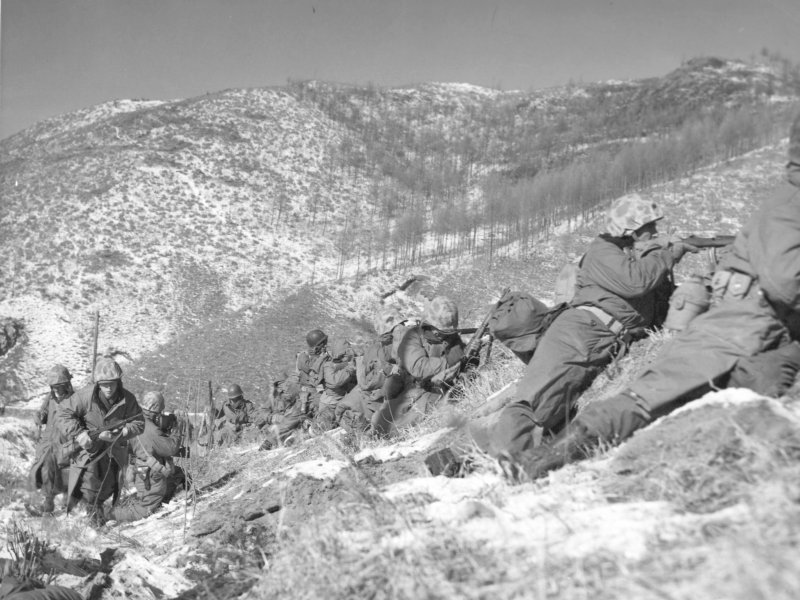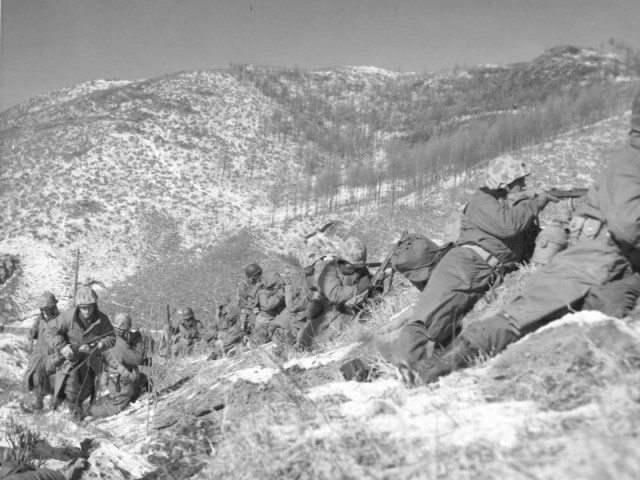A Chinese-American Korean War veteran has been found dead in his home in Washington, US, at the age of 88.
Kurt Chew-Een Lee was a major in the US Marines, who fought in Korea.
Kurt was born in San Francisco and joined the US Marines at the end of World War Two, becoming an officer in 1946. Whilst in the Marines, he learned to speak Japanese and became a teacher.
By 1950, Kurt was a first lieutenant and was in charge of a machine gun platoon heading into North Korea. He was quite a remarkable character given his Chinese ancestry, and is believed to be the Marines’ first officer of Asian descent.
Kurt featured in many documentaries and books about the Korean War, and in an interview five years ago, said that he had never thought of being afraid during his time in combat. He said that his Chinese heritage meant that he never expected to survive the war and therefore would fight to the death in an honourable way.
On the other hand, some of his colleagues and comrades questioned whether he could really fight on behalf of the US in Asia, given his Asian background.
Kurt was awarded the Navy Cross and was cited for extraordinary heroism for his role in establishing an evacuation path out of North Korea for 8000 American troops.
Kurt was a formal and professional man, always using army etiquette even in casual conversation with colleagues. But he won favour among his colleagues when they came under attack in unfriendly territory and terrible weather conditions. Kurt put himself at risk many times in order to facilitate a way out for his platoon, the New York Times reports.
Members of his platoon recall how they are thankful to have served with Kurt.
In November 1950, Kurt had to undertake a solo mission to expose where Chinese soldiers were located in a heavy snow-covered landscape. Kurt advanced alone ahead of his platoon, throwing grenades and shooting rounds of shells to try and get the Chinese soldiers to return fire so they could identify where they were located.
He finally decided to shout out in Mandarin to see if this would confuse the Chinese soldiers and it did. His platoon, now knowing where the enemy was, re-positioned and were able to drive the Chinese soldiers back.
His citation reads that he was an inspiration to his platoon.
After the incident, Kurt was sent to a field hospital to recover from wounds he had sustained. While he was in hospital, the Chinese troops undertook a surge that overwhelmed US positions. Kurt left the hospital with his arm still in a sling, to return to the front. Kurt regained his platoon and they went in search of a surrounded group of soldiers. They located the group and fought off the Chinese troops so that the surrounded Americans could get away.
Kurt finally went home after receiving even more wounds, and was honored with the Silver Star.

